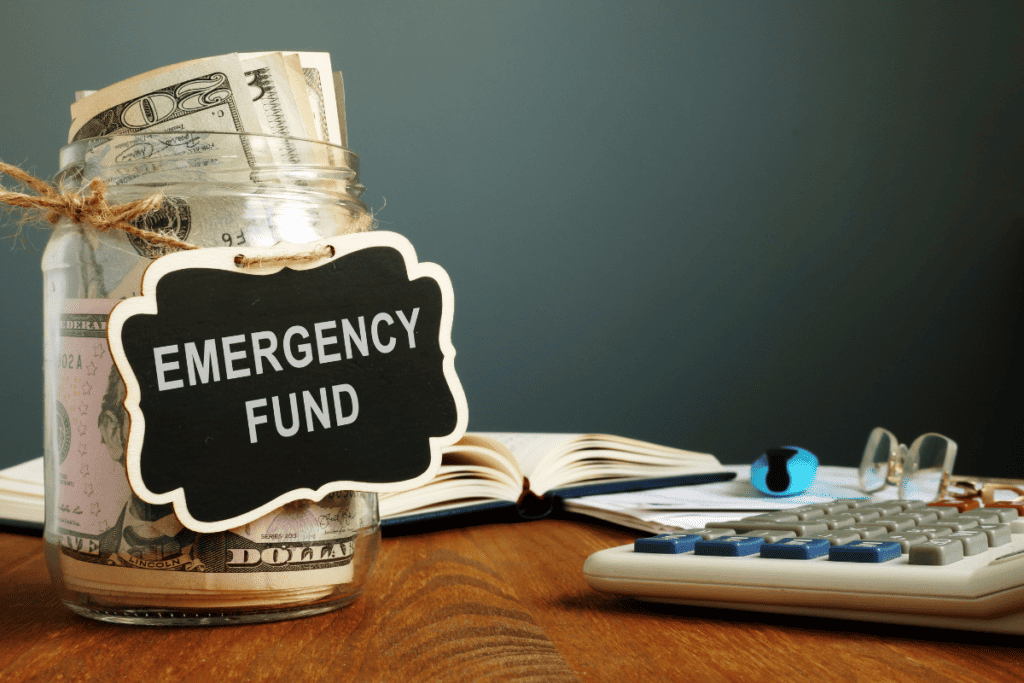Contents
Homeowners association Boards play a number of essential roles, all geared toward preserving the value of the communities they serve. One of the most essential roles of the HOA Board is budgeting, ensuring there are financial assets sufficient for the Association to thrive long-term. There are a number of components to an effective HOA budget, not least a regular reserve study.
Board members should be well-acquainted with such concepts as the reserve fund, the reserve study, and special assessments. To learn more about these important fiduciary concepts, reach out to your community management company. If you’re in the Carolinas, feel free to contact Kuester Management Group. We are proud to be a leading HOA management company in Charlotte NC, Huntersville NC, Myrtle Beach SC, and Fort Mill SC.
For now, here’s a quick overview of the reserve study.
Reserve Studies Explained

Part of the Board’s fiduciary duty is ensuring there is money on hand not only to handle day-to-day and week-to-week operations, but also to stay ahead of capital expense projects. This includes the repair or replacement needs that arise with regard to the community’s common areas and infrastructure.
The reserve fund is made up of money that’s been set aside for just these expenses. A reserve study is conducted on a regular basis, usually once every year or two, and is meant to assess the available funds to ensure they are adequate for meeting upcoming needs.
During a reserve study, the Board might undertake an inspection of all common area components and properties. This physical analysis helps the Board determine what repair or replacement needs are upcoming, and how much money will be needed for each. A full component inventory can help with long-term financial planning.
The reserve study also involves a financial analysis. The Board will look at key financial documents to get a big-picture view of the Association’s revenues, expenses, and the current reserve fund. This reserve fund study seeks to confirm that there is a sound funding plan in place to cover the anticipated cost of repair and capital improvement.
What are the Reserve Study Requirements
Before conducting an initial reserve study, it might be helpful to seek professional counsel. This may be guidance from your HOA management company, a reserve specialist, or one of the reserve study companies that your manager recommends.
It’s worth emphasizing that a good management team will provide most, if not all steps in the reserve study for you. Your management team should be more than willing to offer an annual on-site inspection. In addition to a visual site inspection, they should be willing to go over annual budgets and other financial documents alongside your Board of Directors.
Based of this information, your management team will provide a full report, outlining the current replacement cost for vital building components, and outlining a multi-year plan for funding any capital improvement or replacement needs.
This report may also include estimates regarding the lifespan of your physical property, allowing you to determine when major repairs might be needed and to ensure your reserve accounts are sufficient for future capital expenses.
How Often Should You Conduct a Reserve Study?
Exactly how often is all of this needed?
Certainly, it is never a bad time to perform a visual inspection of your common areas, nor to assess the financial condition of your HOA. With that said, we generally recommend having an inspection annually. Also be aware that some states will require you to conduct a study and update your reserve fund on a regular basis. Ask your reserve study professional for more information.
What About the Cost of a Reserve Study?
Naturally, the work that goes into your reserve study can itself contribute some expenses. It’s important to include these expenses within your financial planning. The specific cost can vary quite a bit, and it’s always best to ask your reserve study specialist. A study performed by an external company can require a couple thousand dollars, especially if it requires a site visit. But again, your management company should handle the preparation of reserve studies for you.
Can an Annual Reserve Study Affect Special Assessments?

An important question as you prepare to study your reserve fund status: What if you don’t have adequate reserve funds to keep up with upcoming expenses?
This issue comes up often, either because community associations are lax in fulfilling their reserve requirements or because natural disasters expedite their need for capital repairs and improvements. Often, when the actual reserve fund balance doesn’t cover costs, it makes it necessary to conduct a special assessment, asking homeowners to contribute additional funds to the reserve balance.
Staying Ahead of Future Expenditures
The bottom line: Reserve studies provide you with the information you need to make wise, informed decisions about the future of your community. Make sure you stay on top of your reserve fund, rather than putting it off until it becomes a real issue.
Frequently Asked Questions
Reserve studies ensure that there are sufficient funds to handle repair and replacement needs within your HOA. Specifically, a reserve fund is meant to ensure adequate money on hand to deal with maintenance issues regarding common elements and major components of the HOA property.
What are the different types of reserve studies?
Reserve studies can be visual/physical or strictly financial in nature, though the most effective studies combine both approaches. In each type of reserve study, the goal is to ensure the reserve account requirements are being met, and that future expenses such as roof replacement can be properly budgeted.
What types of future expenses are covered in a reserve study?
It ultimately depends on the types of properties you have in your community, but a reserve study can account for anything from the replacement of fencing to roof replacement. You might even conduct a full structural integrity reserve study, providing a proper condition assessment of your shared buildings and structures. Property managers can be invaluable for this type of full-bore, in-depth analysis.
Should reserve studies be made public?
It can often be wise to share reserve studies with current and prospective homeowners, simply as a way to show them that your Board is meeting its fiduciary responsibilities.
How much does an HOA reserve study cost?
You can anticipate your reserve study costing anywhere from a few hundred to a few thousand dollars, just depending on the specific needs of your community, the type of study, the breadth of your component analysis, and more. Note that the initial cost can be offset by your savings on future costs, on help to your maintenance staff, etc.

